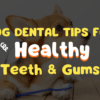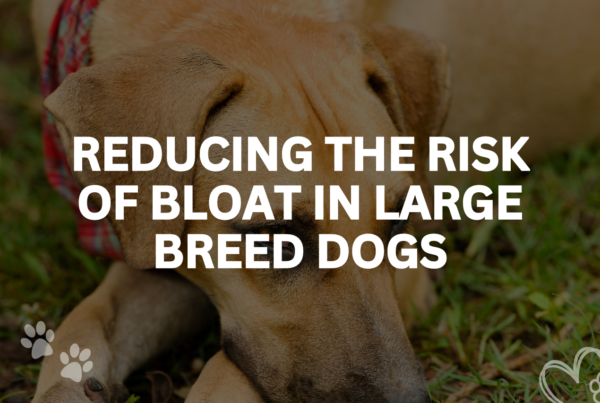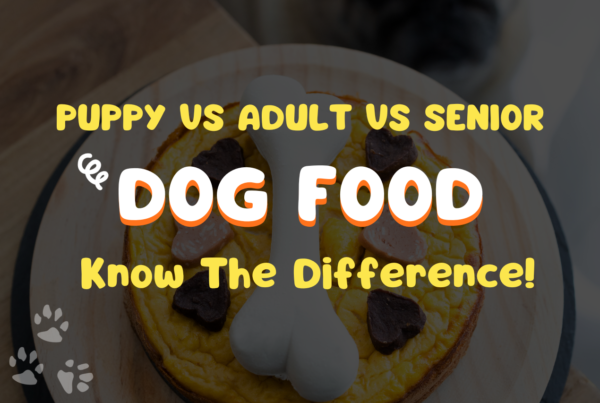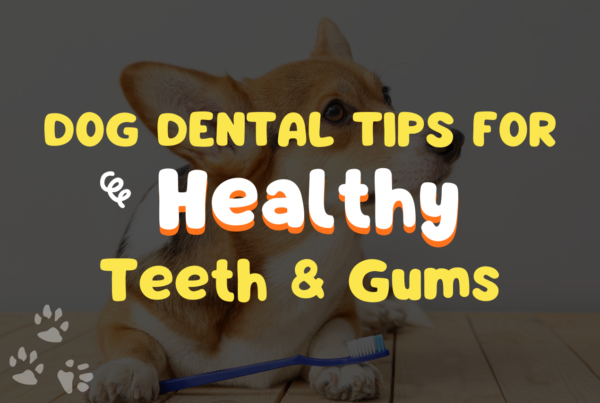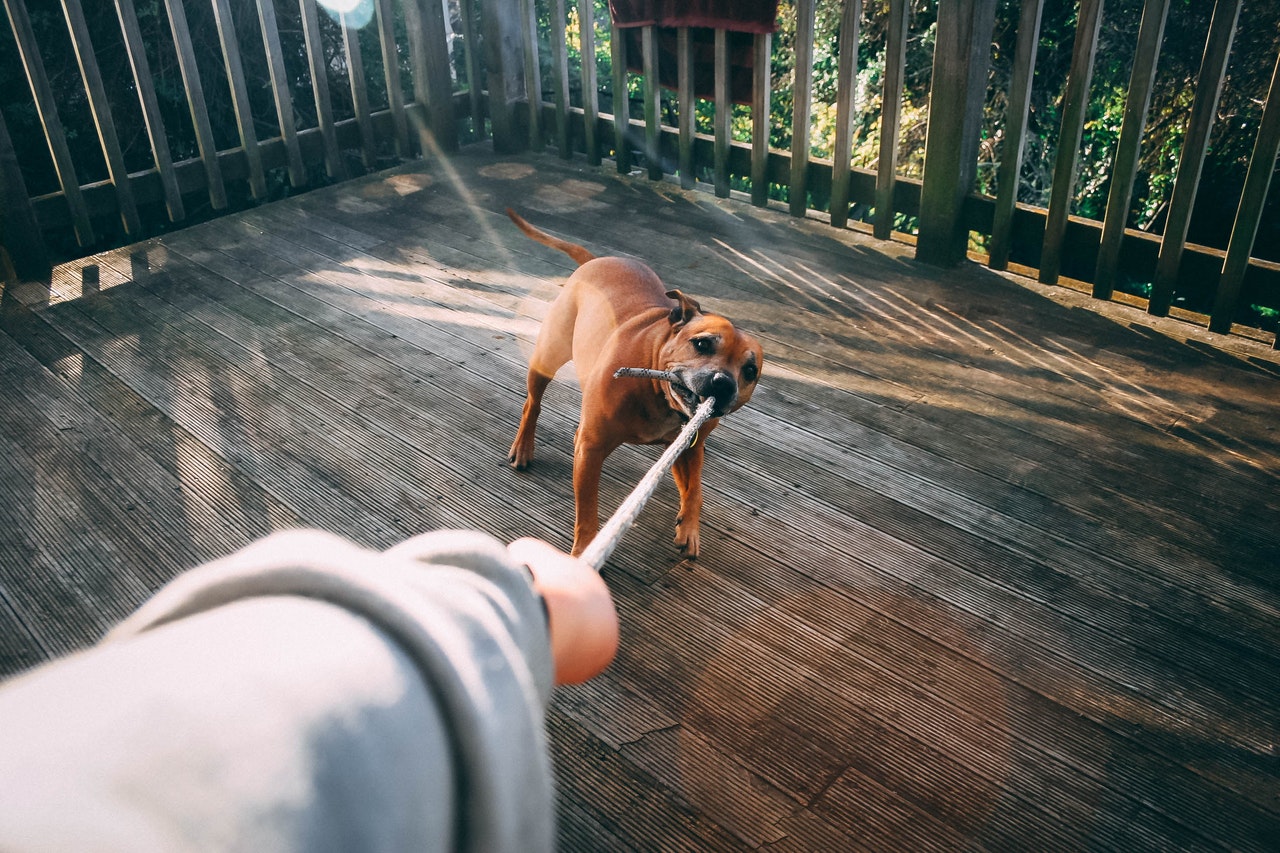
If you’re here wondering how to train a puppy NOT to bite it is highly probable that your pooch has bitten you or your close friends countless times. Puppies are adorable little amazeballs that have no limits to pure cuteness. They will hide behind the curtains, start crying, jump in your arms, lick your face, and whatnot. But one thing dog owners cannot figure out is when puppies bite!
If you own a pup, you would know that it takes years to train a puppy. From potty training to obedience training and socialization, training a pup is not easy. It demands resilience, consistency, and patience. However, the most baffling form of training is teaching your dog NOT to bite.
Why Do Dogs Bite?
Dog owners must learn about the proper reasoning behind a biting puppy. There are a few reasons why puppies bite.
Exploration
Animals and humans were born free. They know no limits and explore everything in their power. Babies explore things through their mouth, the same applies to puppies.
If you notice, a human baby takes and tries to taste everything he finds for the sake of exploration. Puppies do the same. The difference is that human babies are taught to NOT put anything in their mouths from the very beginning while puppies are not.
And this is the biggest reason why most of the puppies end up biting their owners.
For the sake of exploration!
Teething
When puppies are teething it is the most difficult time for them as well as their owners. Because puppies chew everything and anything available to them.
It is crucial to track their teething cycle and provide them with something else to chew on rather than your feet or socks or a couch.
Here’s a list of the stuff that would help you and your pup in its teething phase:
- Frozen vegetables
- Make a wet/cold DIY towel toy
- Puppy toys made for aggressive chewers
Learned Behavior
Besides teething problems, pups are brought up like this. Biting or nipping their littermates in their puppyhood is what leads to this innate but inappropriate behavior later in their adult life.
How To Train A Puppy NOT To Bite
It is imperative to learn how to train a puppy not to bite to master the skills of your puppy development. Every dog loves to bite or nip things or people around it, and this is why veterinarians suggest keeping the pup with its mom for the first 8 weeks. Puppies in their early weeks of life learn different things from their mom and littermates. The number one being bite inhibition.
Bite Inhibition
Puppies, just like humans, start as blank papers. There are no rules and regulations that hold them back to explore things and ideas. Bite inhibition is something that puppies learn from their mother and littermates.
When the puppies play in their pen, they often bite and nip each other occasionally. But if the bite or nip gets too hard, they squeal and stop playing. This is how they learn to hold back their desires to bite harder when they play.
Similarly, when the pup is playing with you or demands your attention, it would bite or chew your feet. Your reaction to this biting would be a grand dramatic OUCH followed by eye contact and a long pause, which would force the puppy to hold back his jaw muscles.
And voila, you’ve written a first short, concise paragraph on your pup’s blank paper.
React Seriously On Puppy Bites
We’ve all heard, “Every action has an equal and opposite reaction.”
Puppies demand our attention, and they seek reaction to their actions. To stimulate a little nip, you can deliver a little but sharp poke on your pup’s shoulder. Beware! Don’t make it look fun. Otherwise, it would serve as entertainment to them. Pushing on the shoulders is a playful act, so don’t do that, but rather just poke. When you poke a dog, it is equivalent to a dose of discipline delivered by its leader, and it’s quite effective if used sparingly.
Use Taste Deterrents To Deter The Puppy
Dogs hate strong smells, and so you can use these smells as a weapon to fight puppy bites.
Take a good amount of vinegar or anything citrus that your puppy finds annoying and spray it all over the areas that your puppy likes to play rough with. Once you’re done spraying, play with your dog and if it tries to bite or chew you. STOP and wait for it to react to the strong smell. If the puppy deters, praise, and treat it with some yummy dog treats to encourage the behavior.
Dog Toys For Aggressive Chewers
A puppy would never say NO to a toy. That too, chewable.
The market is flooded with dog toys, and it is the only best way possible to engage your dog in for longer periods of time. There are a variety of dog toys for different purposes. However, for biting and teething problems, Nylabone, KONG, and PETQWERKS are some of the best toys for aggressive chewers.
Some dog trainers recommend playing tug of war with puppies. The puppy realizes that it’s a fun game, and at the same time, it is controlled by you. If he breaks any rule, the game would be over. And this would eventually force the puppy to give up on its biting habit.
Give Some Delicious Treats
Dogs love their owners and would do anything to please them.
If your puppy is obeying your instructions, it is highly recommended to treat him with some delicious dog treats to encourage the behavior and evoke a greater sense of responsibility among them.
Conclusion
Dogs are social animals. However, they tend to bite a lot more than they should. In this scenario, it is best for dog owners to stay composed and deal with the puppy with patience, resilience, and consistency. Training a puppy is like raising a child that takes his time to develop a sense of obedience. And so training a puppy not to bite can be challenging.
However, there are some tips mentioned in this article that would help you to make this learning process easier and smoother for both of you. So now you have learned How To Train A Puppy NOT To Bite!



